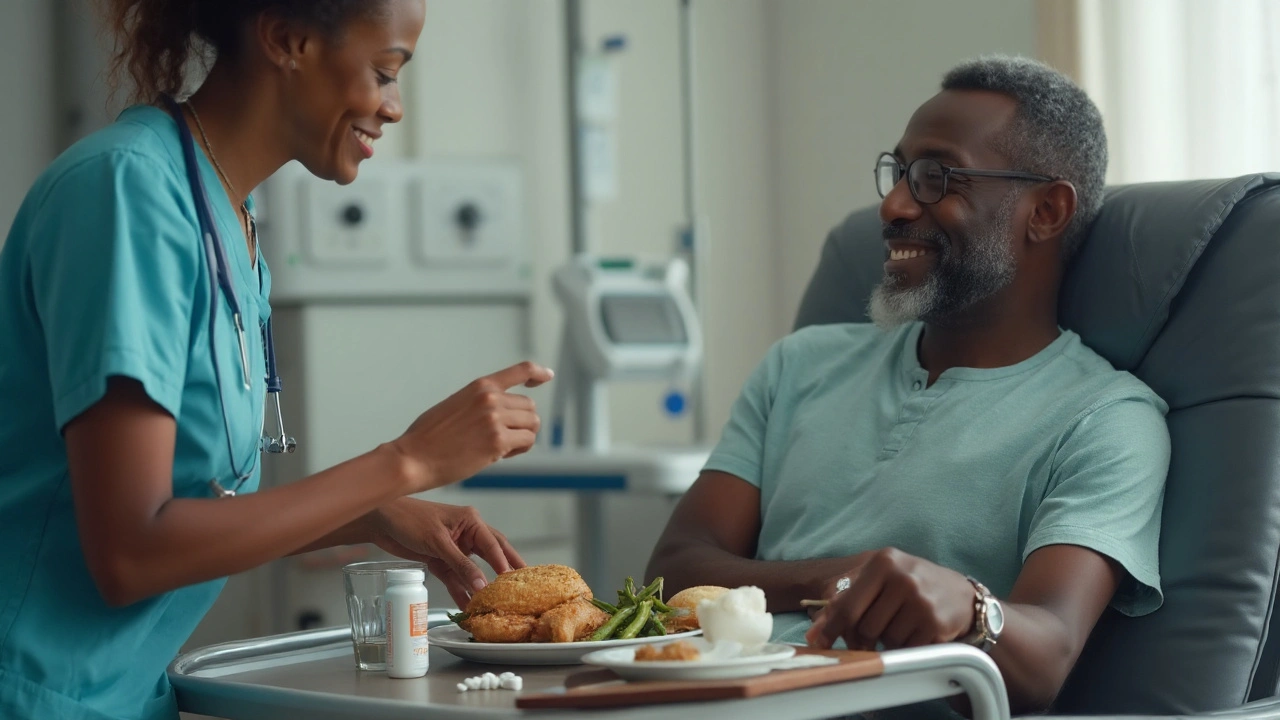Chronic Kidney Disease: What It Is and How to Deal With It
If you’ve heard the term “chronic kidney disease” (CKD) and wondered what it really means, you’re not alone. CKD is a steady loss of kidney function over months or years. When kidneys can’t filter waste and excess fluid properly, you start to feel tired, notice swelling, or have changes in urination. The good news is that early detection and simple lifestyle tweaks can slow the damage.
What Is Chronic Kidney Disease?
Kidneys act like tiny water‑filters, cleaning blood and keeping electrolytes balanced. CKD is diagnosed when the estimated glomerular filtration rate (eGFR) drops below 60 mL/min for three months or more, or when there’s clear kidney damage such as protein in the urine. The most common culprits are high blood pressure and diabetes, but age, smoking, and genetics play a part too.
Symptoms often creep in slowly, so many people don’t notice them until the disease is moderate or severe. Look out for persistent fatigue, puffiness around eyes or ankles, foamy urine, and frequent nighttime trips to the bathroom. If you spot any of these, a quick blood test and urine analysis can tell if your kidneys need a check‑up.
How to Manage CKD Everyday
Managing CKD is mostly about keeping the remaining kidney tissue healthy. Here are practical steps you can start right now:
- Control blood pressure. Aim for less than 130/80 mmHg. Lifestyle changes—less salt, regular exercise, weight control—often do the trick. If diet alone isn’t enough, talk to your doctor about ACE inhibitors or ARBs, which protect kidneys.
- Keep blood sugar in range. For diabetics, staying below 7 % A1C reduces the strain on kidneys. Monitor carbs, use a glucometer, and follow your medication plan.
- Watch your protein intake. Too much protein can overwork kidneys. Choose moderate portions of lean meat, fish, beans, and dairy. A dietitian can help you hit the sweet spot.
- Stay hydrated, but don’t overdo it. Drinking enough water helps kidneys clear waste, but excess fluids can cause swelling. Typical advice is 6‑8 cups a day; adjust if your doctor tells you otherwise.
- Avoid NSAIDs and certain supplements. Over‑the‑counter painkillers like ibuprofen can hurt kidney tissue, especially if you have CKD. Talk to your pharmacist before taking herbal products or high‑dose vitamins.
- Quit smoking. Smoking narrows blood vessels, raising blood pressure and speeding up kidney damage. Even cutting down can help.
Regular check‑ups are key. Your doctor will track eGFR, urine protein, and blood pressure every few months. If the disease progresses, they might suggest a referral to a nephrologist or discuss dialysis options. But most people can stay out of dialysis with early action.
Living with CKD doesn’t mean you have to stop enjoying food or activity. Swap salty snacks for fresh fruit, pick whole grains over refined carbs, and find an exercise you like—walking, swimming, or cycling. Small, consistent choices add up to a healthier kidney and a better quality of life.
Bottom line: chronic kidney disease is a manageable condition if you catch it early and adopt kidney‑friendly habits. Keep an eye on your blood pressure, blood sugar, and diet, and stay in regular contact with your healthcare team. Your kidneys will thank you for the effort.

